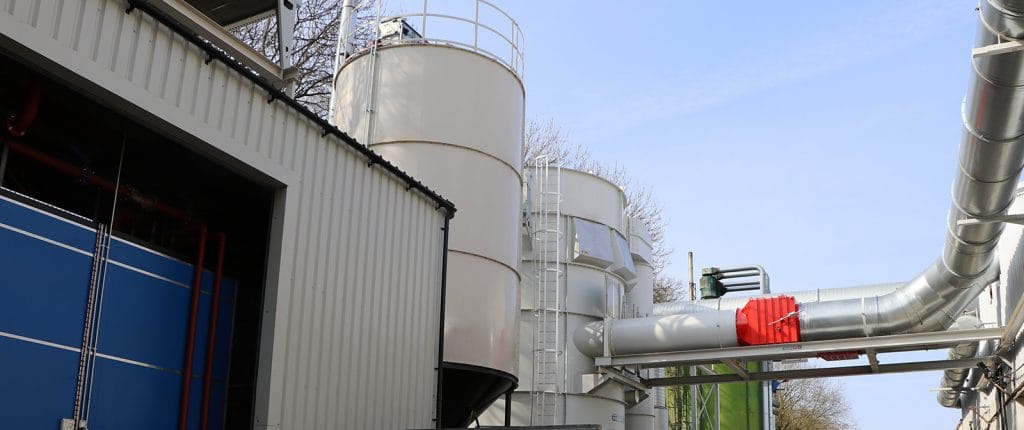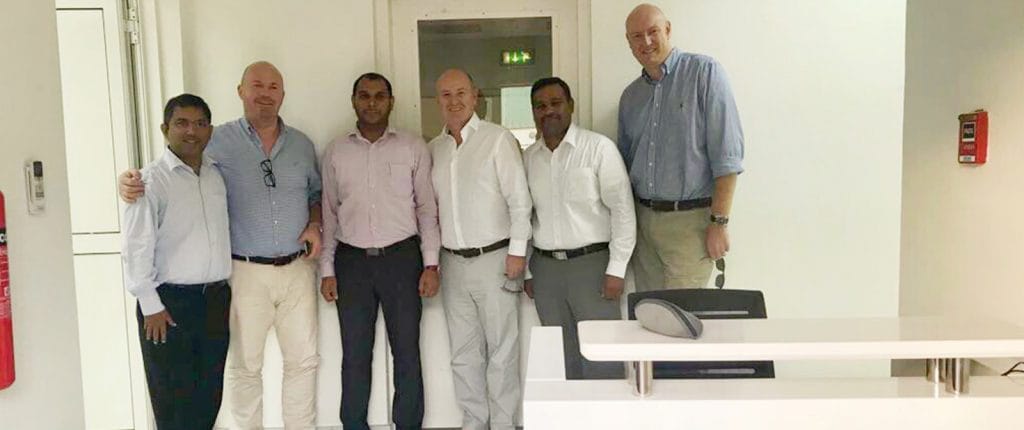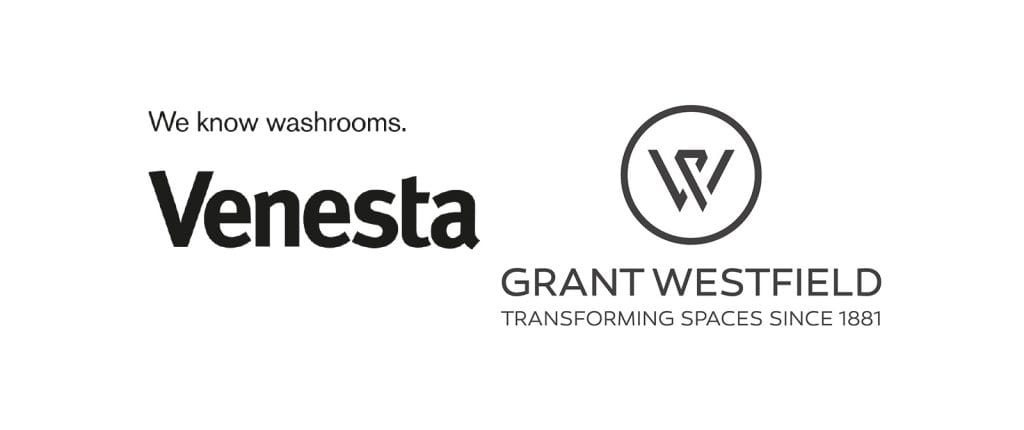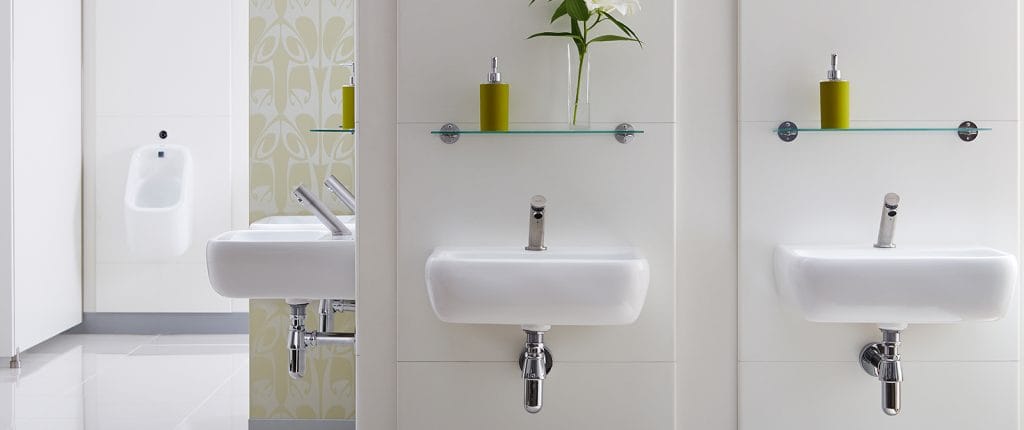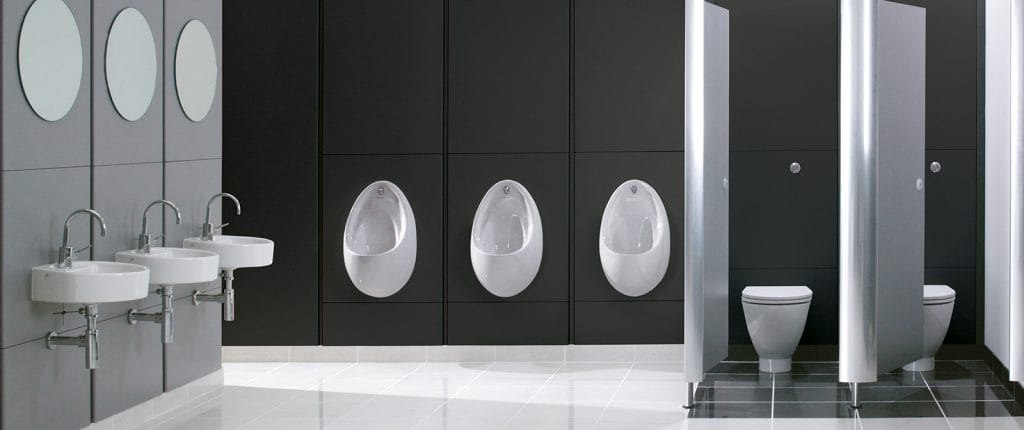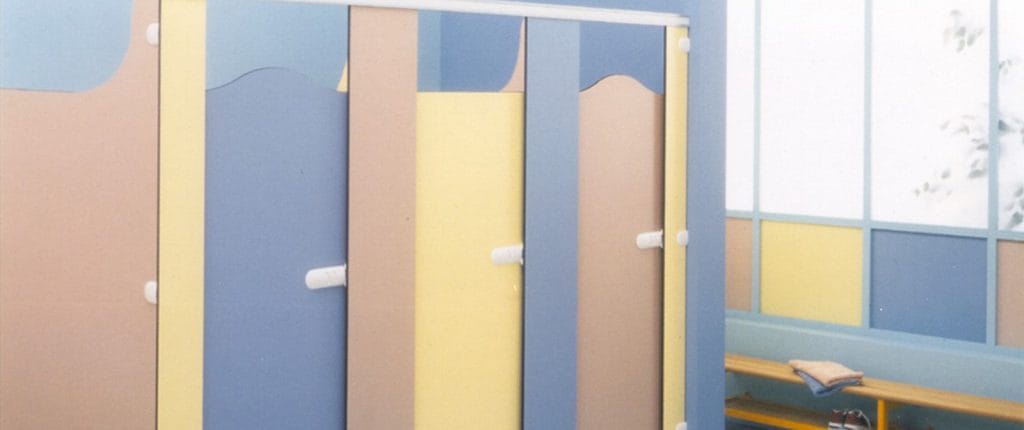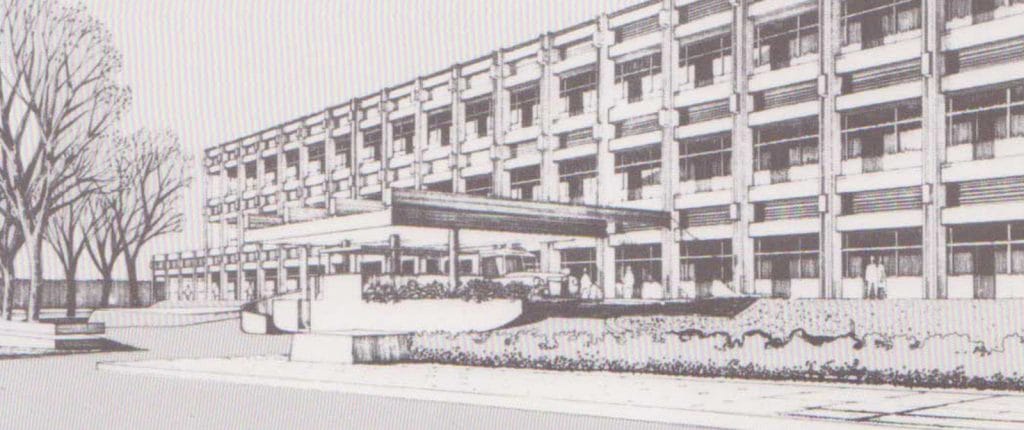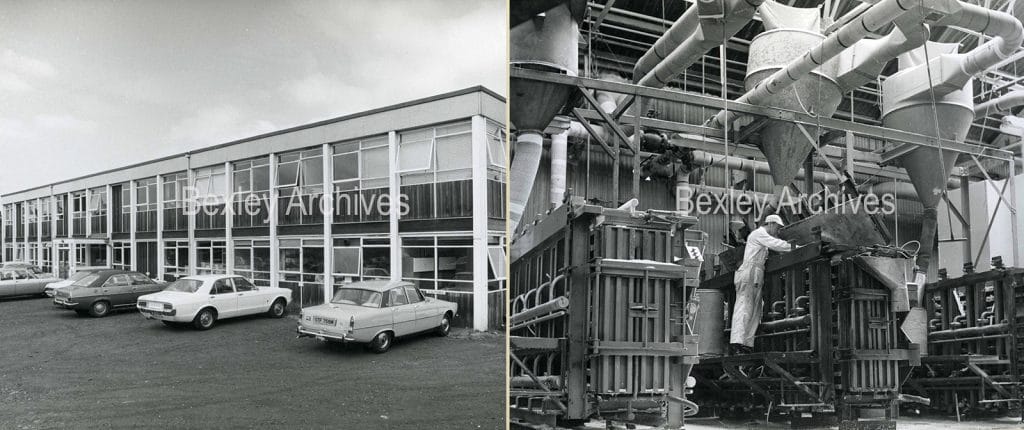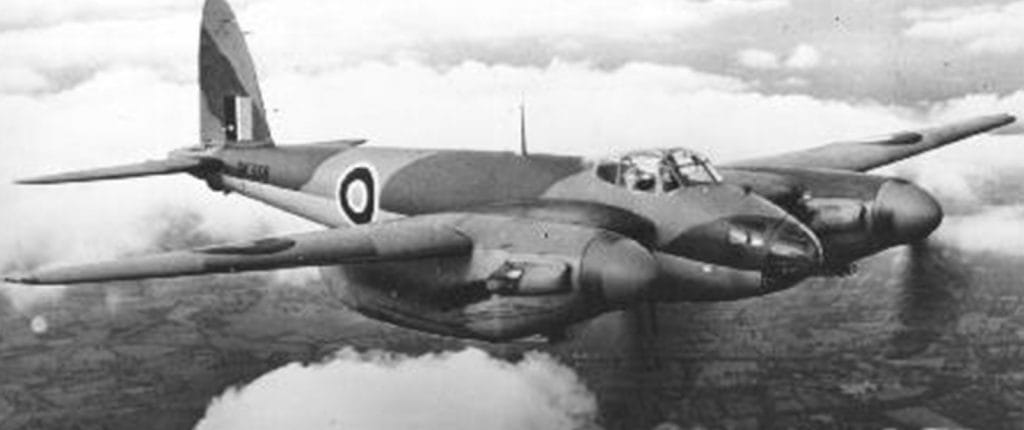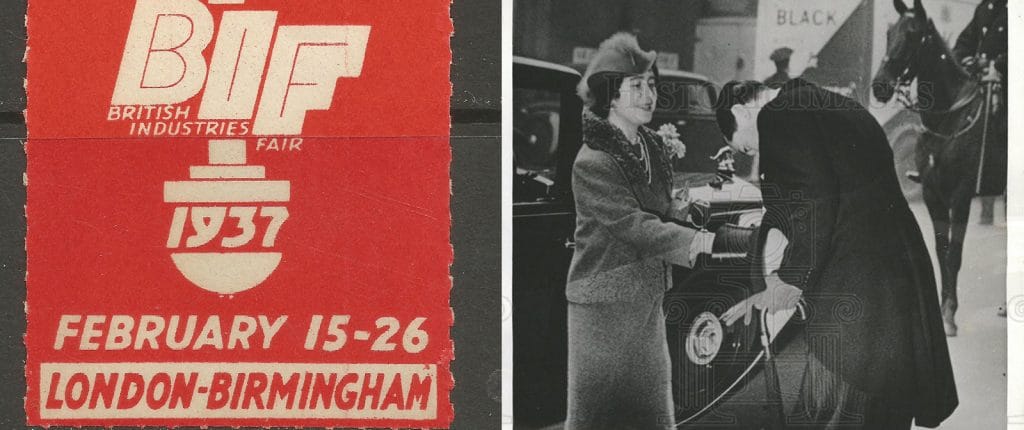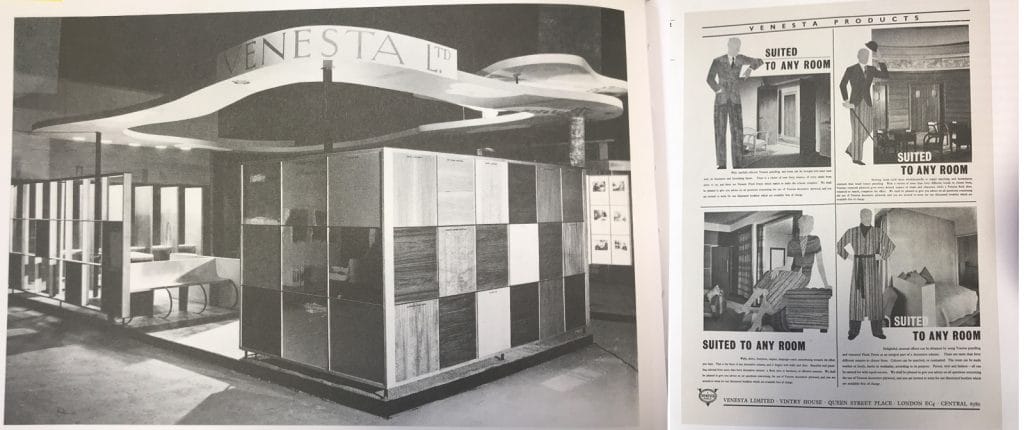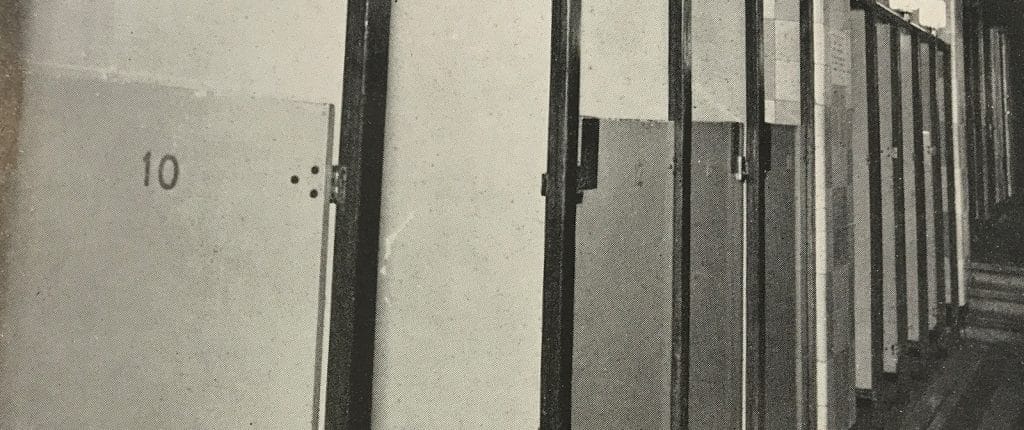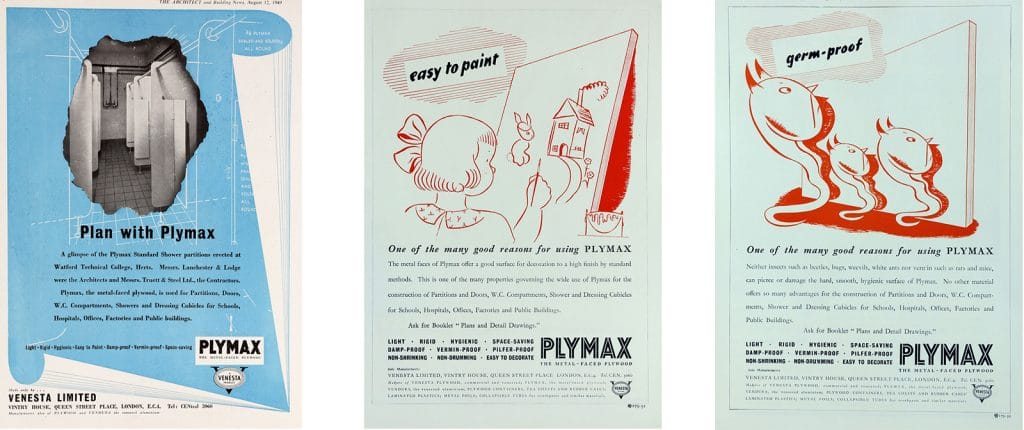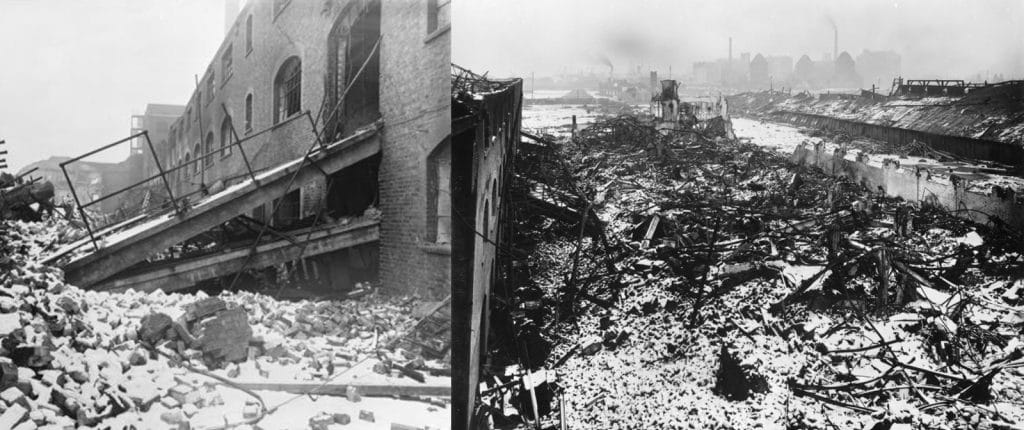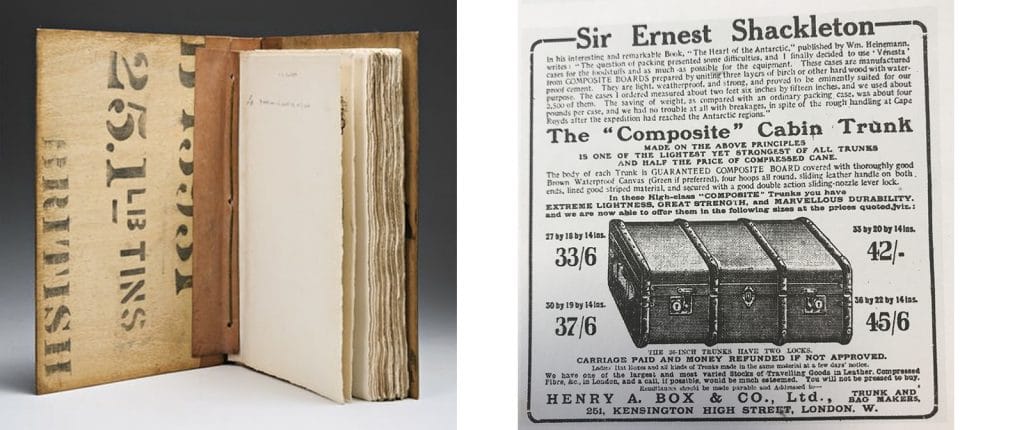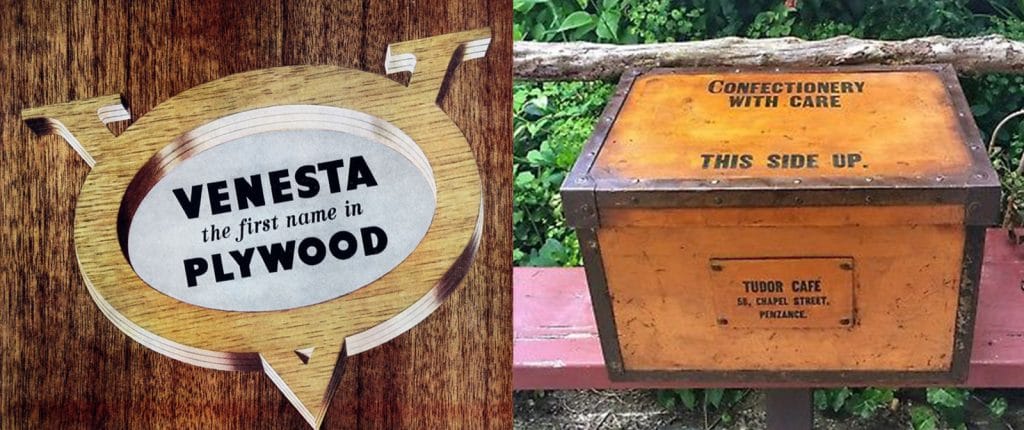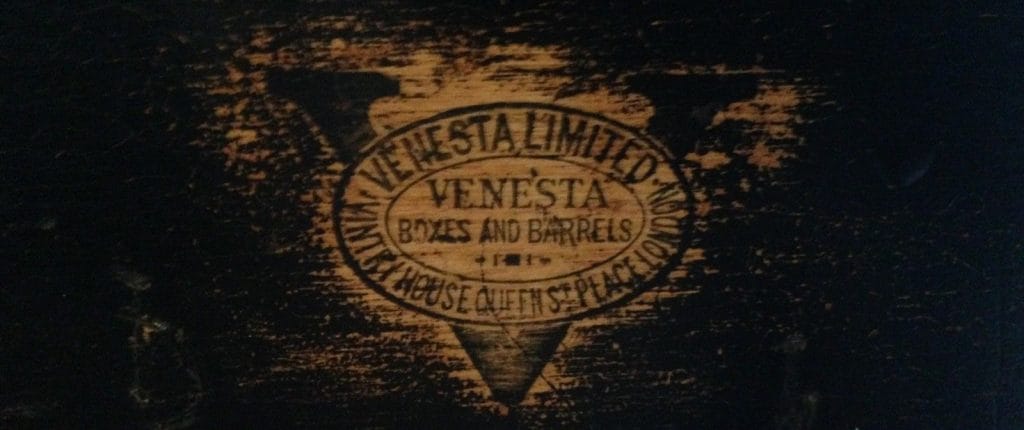History
Our History

Ever since the early days, innovation has been our inspiration. Combining our expert knowledge and pioneering attitude we continue to set the benchmark for design, value and performance.
History
We are extremely proud to announce that we have totally eliminated board waste going to landfill, with the help of our state-of-the-art, 1.75MW, on-site biomass burner.
Venesta is proud to announce the opening of our new office in the United Arab Emirates (UAE).
Following the recent announcement of Grant Westfield’s decision to withdraw from the Commercial Washrooms market, Venesta and Grant Westfield are pleased to announce Venesta’s acquisition of the Intellectual Property Rights for Grant Westfield Commercial Contracts Division products.
We are renowned for our continuous innovation in pre-plumbed systems. Bringing together cutting-edge technology and the latest in saintaryware, we introduced Vepps in 2015 – the industry’s first precision engineered, pre-plumbed panel system.
Recognising the opportunity to set a new benchmark for design and performance, Venesta replaced its traditional timber-framed IPS pre-plumbed system. IPS Evolve was launched, the UK’s first metal framed, click fix IPS system.
Using fresh and vibrant colours, previously never seen in washroom areas, Venesta introduced Genesis toilet cubicles specifically designed for children. Genesis offered reduced height and shaped doors and partitions, perfect for teacher supervision.
Using timber and plywood, we manufactured the UK’s first pre-plumbed system which was installed in Greenwich Hospital – the first of its kind.
In 1949, Venesta builds new factory in Erith, Kent.
In 1939, Venesta was one of the companies to provide plywood to build the famous De Havilland Mosquitos in the second world war.
The British Industries Fair (BIF) was once the most visited attraction in the country, located on the edge of Birmingham and running for 2 weeks in February
Venesta exhibited at the London Building Exhibition in 1934 with a display stand showcasing different finishes for plywood panelling and moulded plywood bench seats, organised by architect Jack Pritchard.
Venesta become the first UK company to manufacture toilet cubicles using timber, plywood and high pressure laminate.
“Plymax” is the registered trade-mark used by Venesta as a trade name for plywood boards covered on one side or both sides with metal sheets.
The Venesta factory during the first world war, lies in ruins following the TNT explosion in Silvertown, East London, on 19th January 1917.
Venesta boards and boxes gained special notoriety from two well-publicised Antarctic expeditions, Ernest Shackleton’s Nimrod Expedition and Captain Robert Falcon Scott’s ill-fated Terra Nova Expedition.
In 1901, Venesta switched to aluminium chests with lead linings and with instant success by 1901, 60,000 were shipped to Britain each month.
Founded by London Businessman, E.H. Archer and officially formed on the 15th January 1898, Venesta originated in Millwall, London supplying tea chests and was the first UK importer of Plywood.
